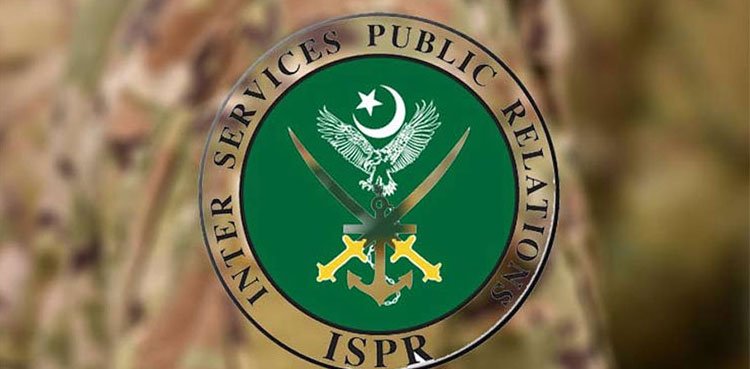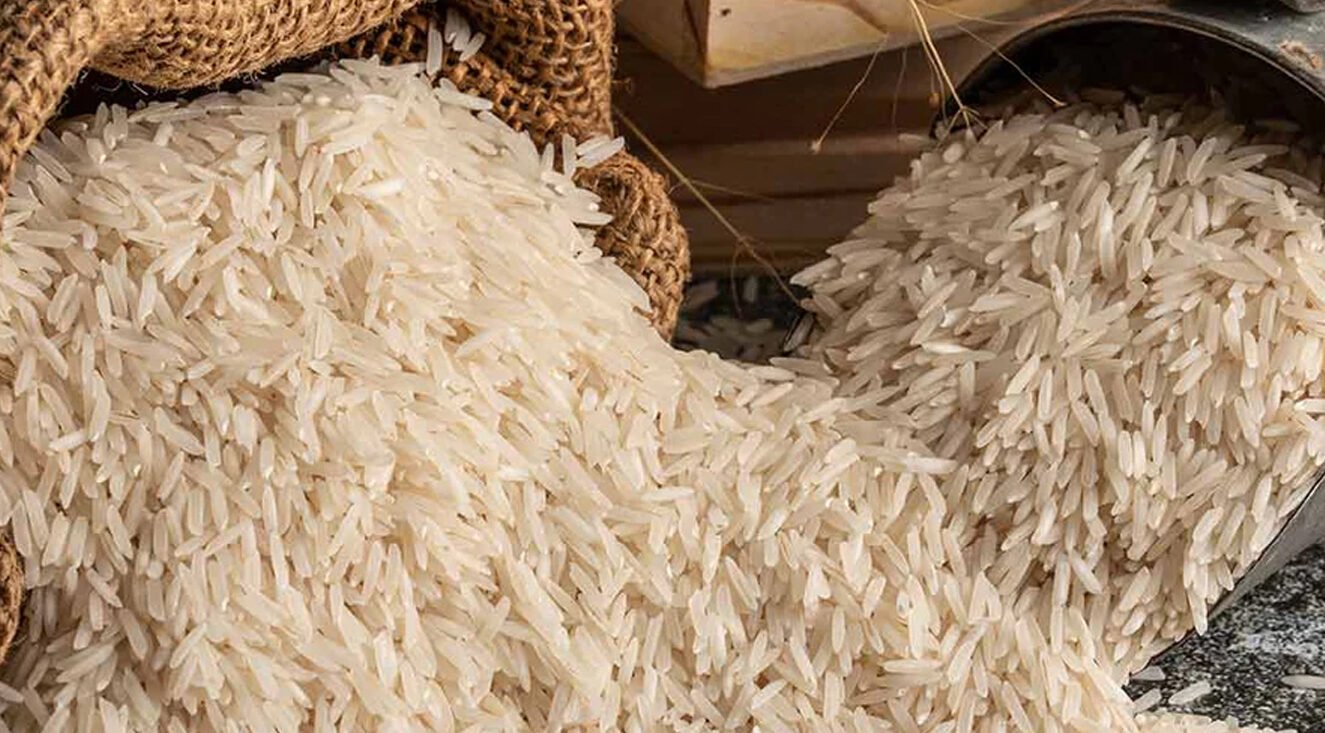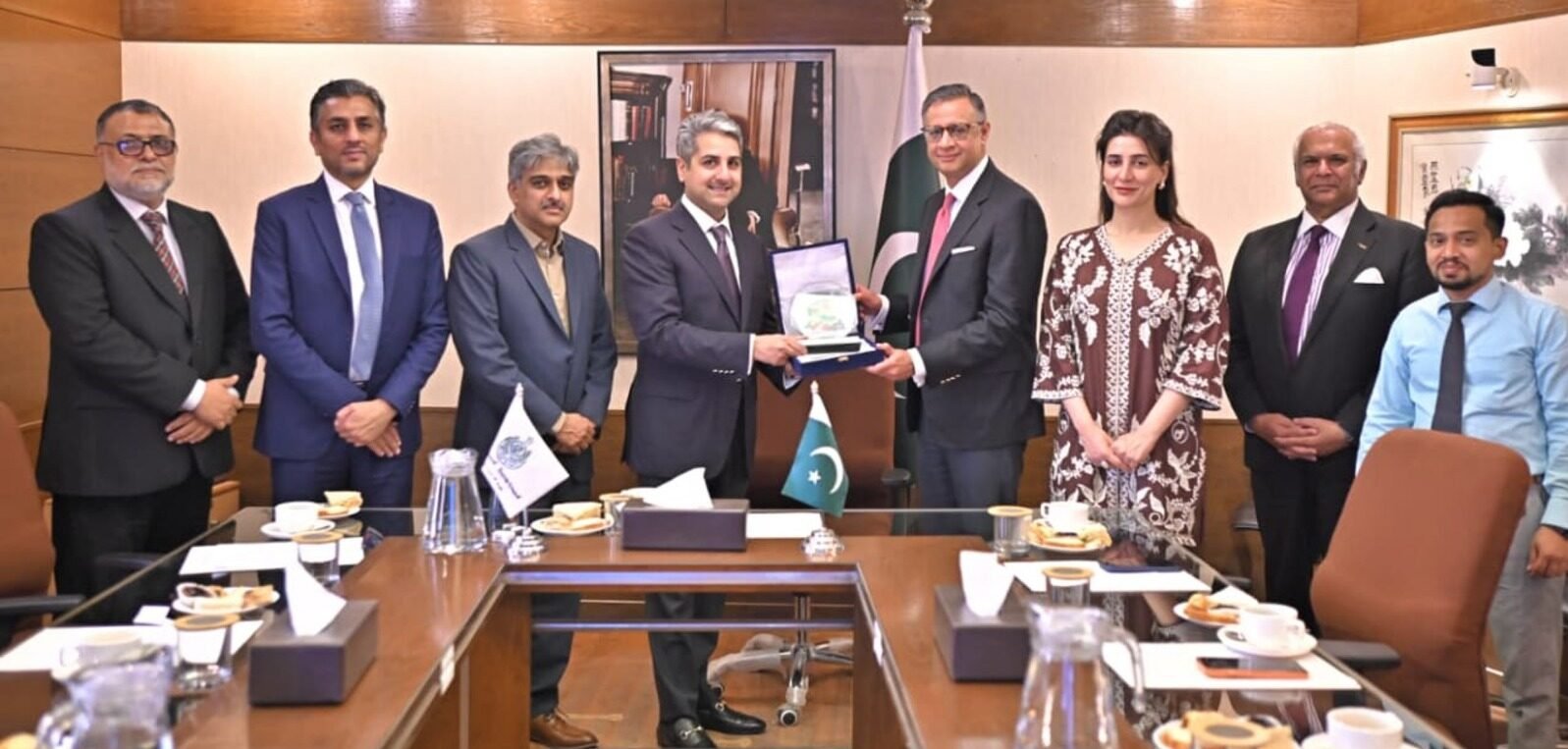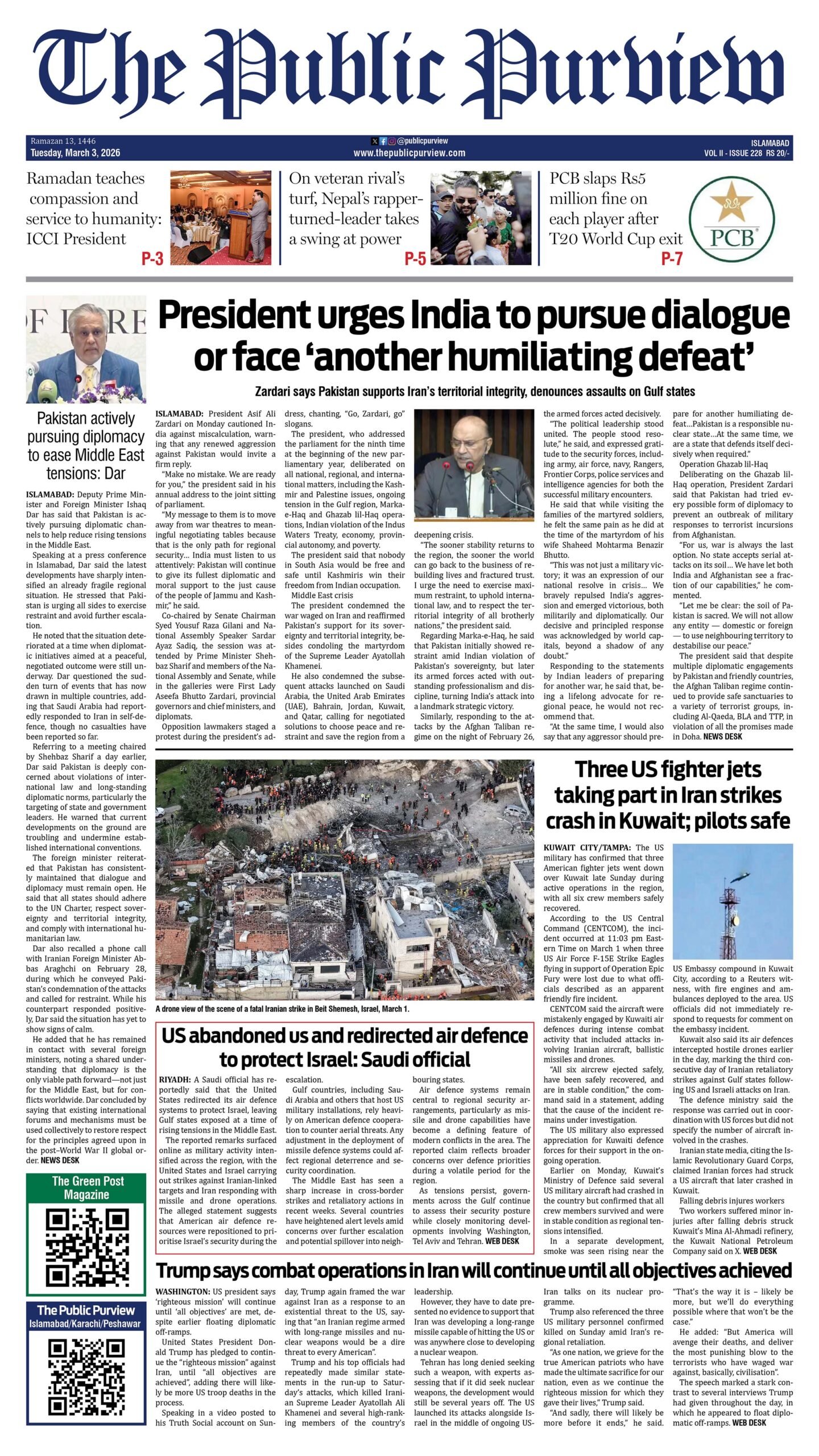RAWALPINDI: Pakistan Army and the United Arab Emirates (UAE) Presidential Guards successfully concluded a two-week Joint Counter-Terrorism Exercise ‘Jalmood-I’ at Tarbela, the Inter-Services Public Relations (ISPR) announced on Tuesday.
Focus on Hostage Rescue and Tactical Operations
The exercise centered on hostage rescue and counter-terrorism operations, bringing together elite troops from Pakistan Army’s Special Services Group (SSG) and the UAE Presidential Guards. Both contingents engaged in rigorous drills designed to replicate real-world scenarios, testing their ability to respond swiftly and effectively under pressure.
Enhancing Interoperability and Tactical Skills
According to ISPR, the training aimed to enhance interoperability, improve tactical skills, and exchange expertise in modern counter-terrorism techniques. By working side by side, the forces strengthened their ability to coordinate across diverse operational environments, a critical requirement in today’s complex security landscape.
Strengthening Bilateral Military Cooperation
The exercise also sought to reinforce bilateral military cooperation between Pakistan and the UAE. Officials emphasized that such joint engagements not only improve operational preparedness but also deepen the defence partnership between the two nations. The General Officer Commanding SSG attended the closing ceremony as the Chief Guest, alongside senior UAE military officials and diplomats.
Professionalism and Commitment Praised
Officials lauded the professionalism and commitment demonstrated by both contingents. Their performance underscored the value of joint training in building trust, enhancing readiness, and preparing for shared challenges. Exercises like Jalmood-I highlight the importance of collaboration in countering evolving threats and safeguarding regional stability.
Pakistan’s Broader Security Partnerships
The conclusion of Jalmood-I reflects Pakistan’s growing emphasis on international military cooperation. By engaging with allies across regions, Pakistan continues to modernize its counter-terrorism framework and strengthen its role in global security initiatives.
In addition to ties with the UAE, Pakistan has expanded its partnerships with other nations to diversify training and operational expertise. These collaborations demonstrate a proactive approach to addressing transnational threats and building resilience against terrorism.
Pakistan-Russia Joint Exercise Druzhba-VIII Enhances Counter-Terror Skills
This broader strategy was further illustrated by the Pakistan-Russia Joint Exercise Druzhba-VIII, concluded in September, which reinforced bilateral military cooperation and advanced counter-terrorism capabilities. Held from September 15 to 27 in Pakistan, the exercise reflected a shared commitment to regional security and tactical excellence.
Elite troops from both nations took part, with the Vice Chief of General Staff representing Pakistan as Chief Guest and senior Russian military officials attending in solidarity. Throughout the sessions, personnel demonstrated high standards of discipline, coordination, and professional skill.
The Pakistan-Russia Joint Exercise focused on refining counter-terrorism operations through advanced drills and shared expertise. Key areas included drone warfare, combat in built-up zones, and counter-improvised explosive device (IED) techniques. These exercises aimed to enhance operational readiness and adaptability in complex environments.
Moreover, the exercise served as a platform to strengthen historic military-to-military ties between Pakistan and Russia. By training together, both forces built mutual trust and improved interoperability, which is essential for joint missions and peacekeeping efforts.
The collaboration also highlighted Pakistan’s evolving defense strategy. By integrating modern warfare tactics and international partnerships, the country continues to modernize its security framework. Druzhba-VIII was a testament to this progress, showcasing Pakistan’s proactive role in global counter-terrorism initiatives.
As threats become more sophisticated, such joint exercises remain vital. They not only improve tactical proficiency but also foster long-term strategic alliances. Pakistan and Russia, through Druzhba-VIII, reaffirmed their shared vision for peace, stability, and mutual defense cooperation.







 Today's E-Paper
Today's E-Paper